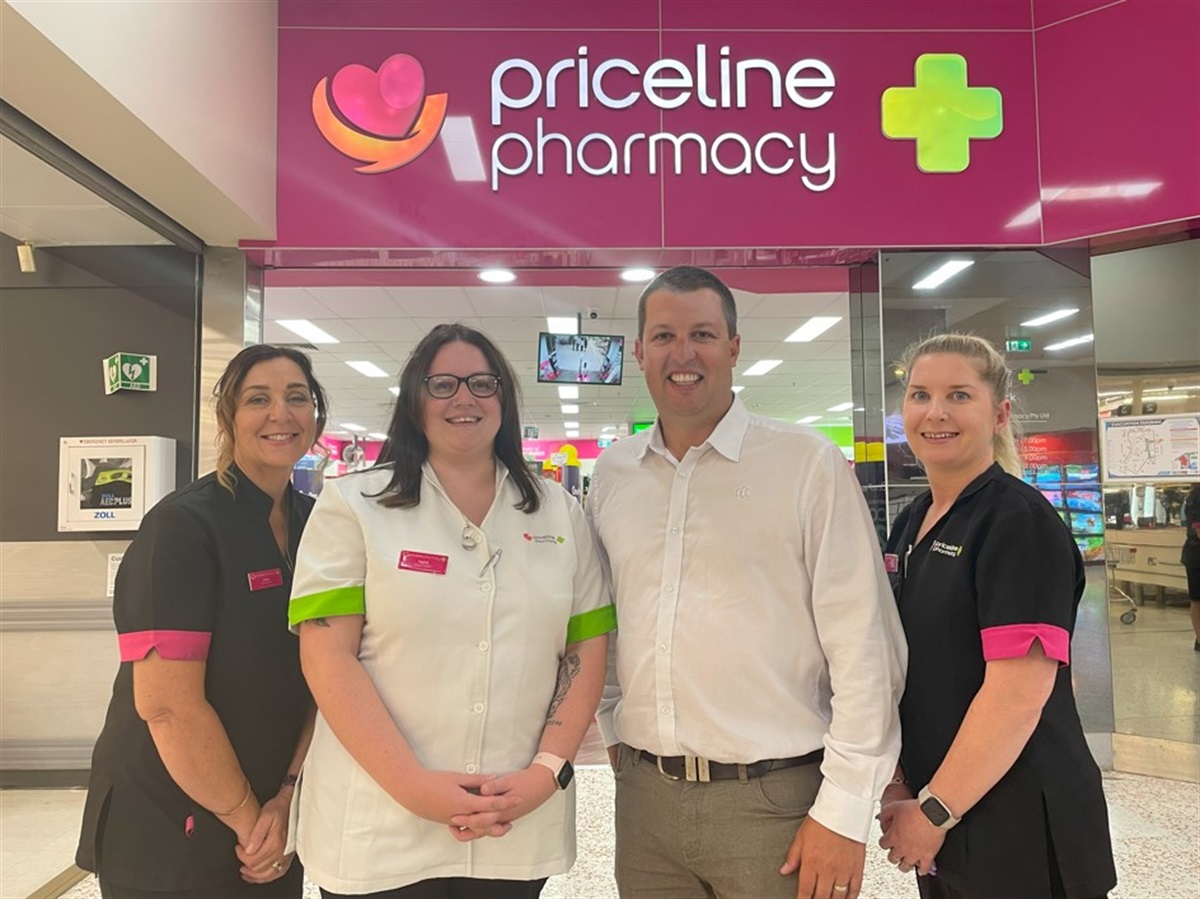The Korora Lagoons are set for a gradual, staged remediation.
Council resolved at its 14 March meeting to start initial works in the 2024/25 year, to be funded through the Environment Levy Program.
Decades back the lagoons were fabled as a popular picnic spot by locals and visitors. They were also a go-to for wedding photography.
But the years have not been kind and the lagoons – which are rainwater-fed – have been impacted by sediment build-up, weed infestation and run-off.
“A gradual, considered approach is recommended as the best method for the Korora Lagoons,” City of Coffs Harbour City Infrastructure Director Andrew Beswick said.
“Maintenance of the lagoons, decorative lakes and basins – almost 60 of them – in the City is a growing challenge which will be increasingly costly.”
As part of a public engagement process, people were asked their preferred option for the Korora Lagoons.
Almost three-in-four (74.5 per cent) voted for remediation. The second most popular option (18.2 per cent) was for a reinstatement of the natural waterway. Retaining a single lagoon (5.1 per cent) and ‘no action or alternate option’ (2.2 per cent) were the least preferred.
“Public sentiment was strongly in favour of retaining the chain of lagoons and rejuvenating them,” City of Coffs Harbour Mayor Cr Paul Amos said.
“Over the years they have been an attraction at Korora.”
Residents believe the water quality in the lagoons has become poor, and argued against restoration of the natural waterway as this would discharge into the Solitary Islands Marine Park.
Remediating the lagoons will require an estimated initial investment of $582,680.
It’s proposed to use the $175,000 surplus from the Environment Levy Program on this project in the next financial year.
The estimated remaining $407,680 will need to be allocated over 2025/26 and 2026/27 when the project scope is better refined and developed, and subject to available funding from the Environmental Levy.
Remediation works would likely include the mechanical removal of aquatic weeds, dredging and removal of soft sediments, installation of aerators or fountains, the creation of shallow wetlands at stormwater inflow areas and rehabilitating riparian vegetation.








